
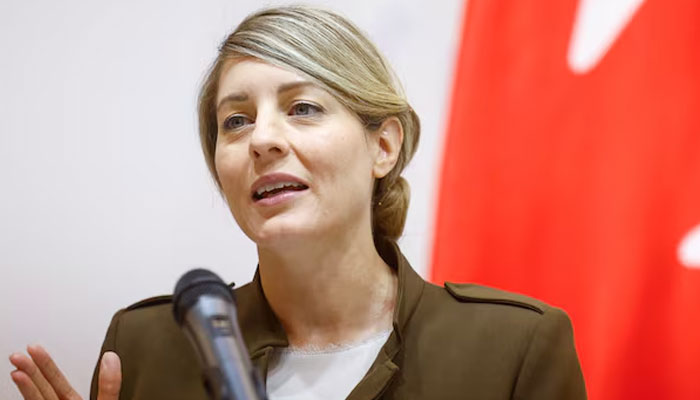
- Indian high commissioner among six diplomats expelled, says FM.
- Says won't tolerate any diplomats violating Vienna Convention.
- "Some very serious red lines have been crossed,” says MacKay.
Days after expelling a group of Indian diplomats in connection with the assassination of a Khalistan leader on Canadian soil, Foreign Affairs Minister Melanie Joly has said that remaining New Delhi envoys were “put on notice”.
Earlier this week, Canada had formally expelled India’s High Commissioner Sanjay Kumar Verma and five other diplomats, ahead of the Royal Canadian Mounted Police (RCMP) revealing new details about the Indian government’s connection to “violent criminal activity” in Canada, mainly targeting pro-Khalistan separatists.
Soon after Canadian officials notified India of the expulsion of the six diplomats, New Delhi recalled them, the Canadian sources said.
Addressing a press conference, FM Joly warned more than a dozen Indian diplomats, who are still in the country, to respect Canadian law.
"They're clearly on notice. Six of them have been expelled, including the high commissioner in Ottawa. Others were mainly from Toronto and Vancouver,” confirmed the minister.
"Clearly, we won't tolerate any diplomats that are in contravention of the Vienna Convention."
Her comments came days after the head of the RCMP accused India's government, its agents and diplomats of links to widespread criminal activity in Canada, including “coercion, extortion and killings”, CBC News reported.
Sources privy to the matter said that the Canadian police and intelligence have concrete evidence that the six Indian diplomats, including the high commissioner, were involved in the plot to murder Sikh leader Hardeep Singh Nijjar in June, 2023 – a close ally of Sikhs for Justice (SFJ) founder and General Counsel Gurpatwant Singh Pannun, who has survived several assassinations Indian plots.
The RCMP also said it has evidence that India's diplomats and consular officials in Canada engaged in clandestine activities, including gathering intelligence for its government.
On the other hand, New Delhi denied working with criminals in Canada to target Sikh separatists.
Contrary to the Indian claim, Joly said: "There was definitely a threat and that's exactly why the RCMP decided to take the extraordinary measure of making public the fact that Canadians were being intimidated, [were] victims of extortion or even [received] death threats because agents and diplomats from India were linked to these criminal actions."
Responding to a question whether more Indian diplomats could be expelled from Canada, the minister said the government won’t tolerate any diplomats who contravene the Vienna Convention or put the lives of Canadians at risk.
Cameron MacKay — Canada's most recent high commissioner to India who left the country in August —said it's a "fiasco on the part of the Indian government" to think that agents of the Indian government could arrange violent crimes across Canada and the US and get away with it.
"Some very serious red lines have been crossed and it's for that reason that Canada has taken the strong diplomatic and law enforcement action that it has up to now," he added.
"The Indian government position up until now has to be to deny and vilify Canada and to distract its domestic audience from the real facts of what's been happening here. They do that by attacking Canada."


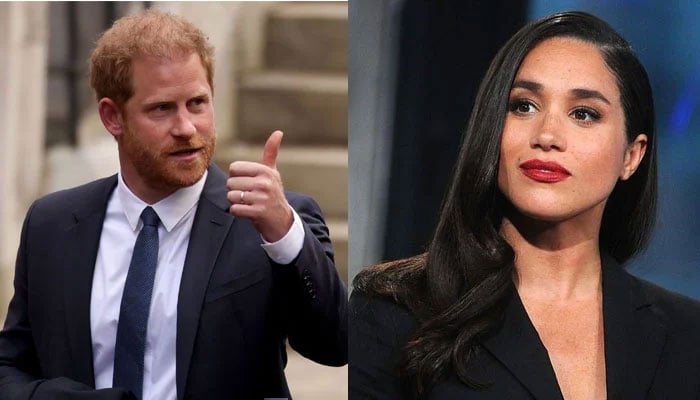
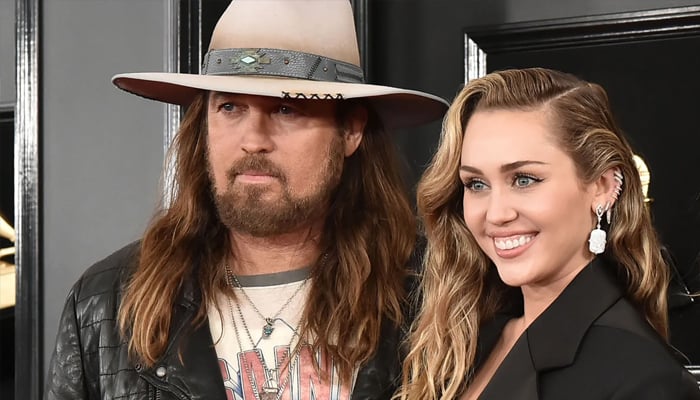
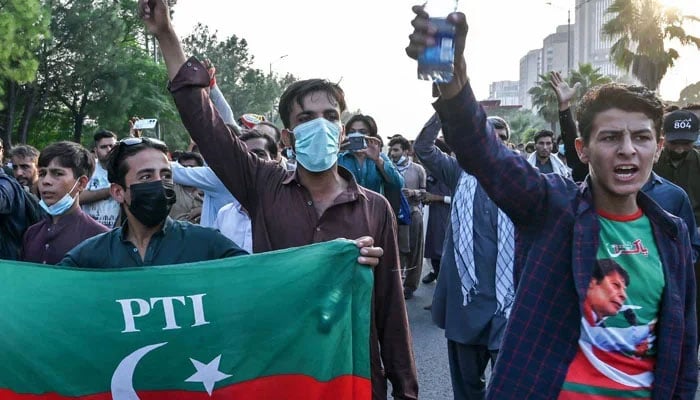
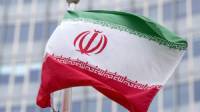



_updates-0.jpg)


